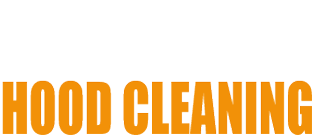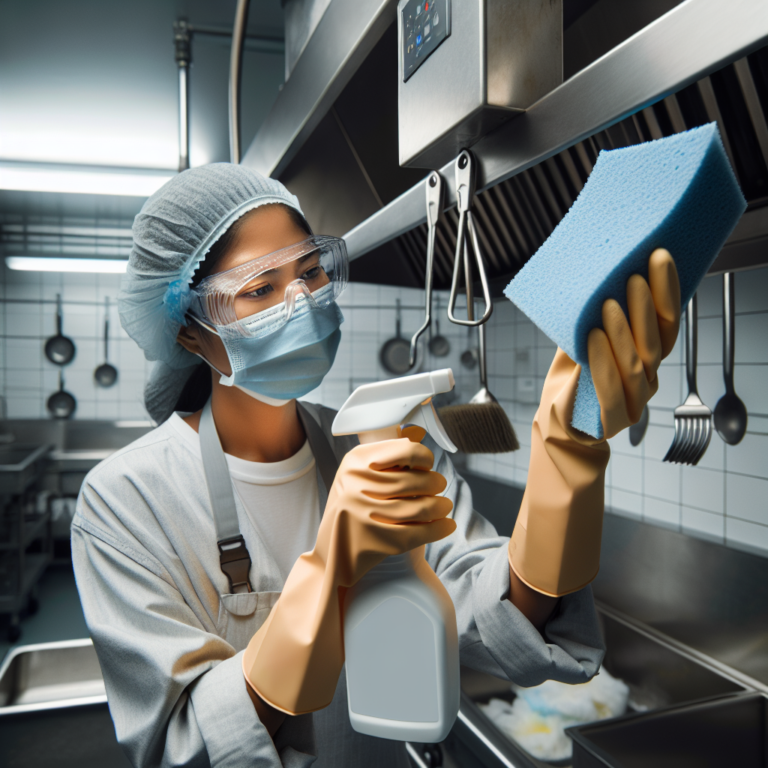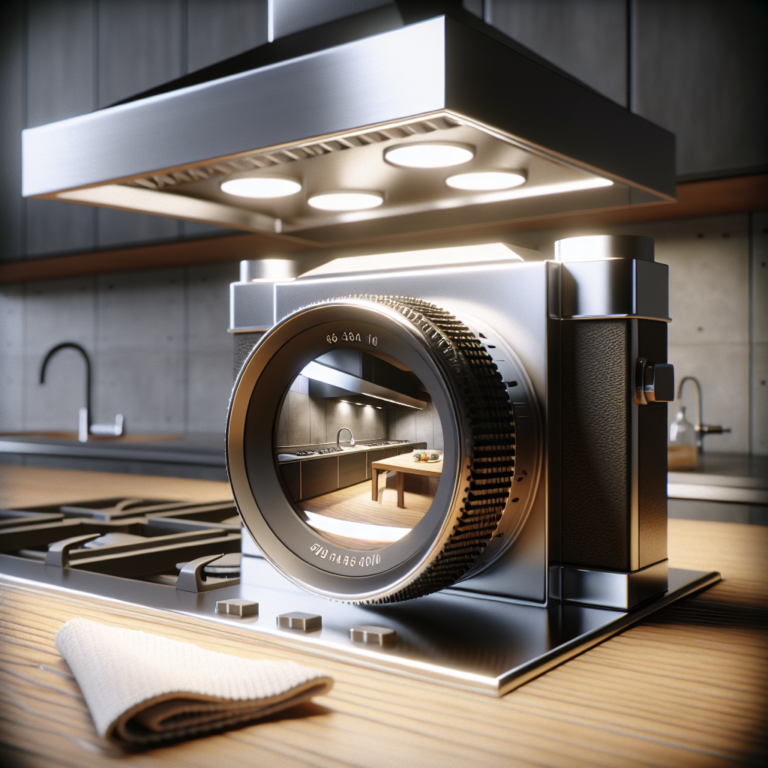Mastering Insurance Claims for Hood Cleaning Incidents and Damages
Understanding the Intersection of Hood Cleaning and Insurance
For many restaurant owners, the hustle of running a busy kitchen often overshadows other critical aspects such as regular maintenance, especially when it comes to safety measures like hood cleaning. Neglecting proper commercial kitchen hood cleaning can not only lead to potential safety hazards but also result in insurance claims woes. Understanding the best practices in hood cleaning and insurance claims can save you from unnecessary headaches in the future.
The Importance of Regular Hood Cleaning
Regular restaurant hood cleaning is not just an industry recommendation—it’s essential. In a bustling metropolis like Denver, enforcing a schedule for exhaust hood cleaning not only ensures compliance with local codes but also mitigates the risk of a fire. Insurance providers view consistent maintenance schedules as an indicator of a lower-risk establishment. Here’s why it’s crucial:
- Fire Prevention: Grease buildup in hood systems is a significant fire risk. Regular cleaning reduces this threat.
- Compliance: Many local laws mandate specific cleaning intervals. Compliance affects your eligibility for insurance claims.
- Efficiency: A clean system promotes better airflow and energy efficiency, cutting down on operating costs.
Navigating Insurance Claims: What You Should Know
Despite best efforts, incidents can still occur. If you find yourself dealing with hood-related damage, navigating the world of insurance claims can feel daunting. Here are some best practices to make the process smoother:
Understand Your Policy
Before filing any claims related to hood cleaning incidents, it’s crucial to have a thorough understanding of your insurance policy. Check the specifics about coverage related to fire damage caused by hood maintenance issues. Ensure you’ve got copies of maintenance records as evidence of compliance.
Document Everything
When an incident occurs, document the aftermath extensively. Take photos and videos as evidence, and compile a detailed report of the damage. This complements maintenance records, adding weight to your claim. The more information you provide, the fewer questions insurance adjusters will have.
Engage with Professionals
Working with professional hood cleaning services ensures that your maintenance is up to standard. It also strengthens your insurance claims since these companies typically provide comprehensive service reports. In Denver, many restaurants choose established providers to ensure compliance and standards are met.
Maintenance Tips to Bolster Claims
Digging into best practices for maintenance can save you a world of trouble when filing insurance claims. Here are some tips:
- Routine Check-ups: Schedule regular inspections and cleaning with a commercial kitchen hood cleaning specialist.
- Log Each Service: Keep detailed records of every cleaning and maintenance task performed.
- Employee Education: Train staff on the significance of exhaust maintenance and prompt reporting of potential issues.
How Proper Hood Cleaning Affects Insurance Premiums
While the immediate goal is to manage claims efficiently, underlying practices affect your insurance premiums as well. A well-maintained exhaust system can lead to:
- Lower Premiums: Insurance companies see well-maintained systems as lower risk, which may lower your premiums.
- Fewer Claims: Proactive care minimizes incidents, reducing the frequency of claims and potential rate hikes.
How to Choose a Hood Cleaning Provider in Denver
The right Denver hood cleaning provider is critical. Look for services that offer comprehensive cleaning and documentation. Evaluate providers based on:
- Reputation: Check reviews and ask for referrals to gauge reliability and expertise.
- Certifications: Ensure they have the necessary credentials to meet city and state compliance standards.
- Full-Service Offerings: A provider that offers inspection, repair, and cleaning can save you time and money.
When selecting a service, bear in mind that cheaper is not always better. An underqualified provider might miss critical issues, affecting your eligibility for insurance claims.
Avoid Common Pitfalls
Avoid these common pitfalls when managing hood cleaning and insurance claims:
- Ignoring Maintenance Schedules: Don’t wait for an incident to react. Scheduled maintenance reduces risk.
- Lack of Documentation: Failing to document your cleaning and maintenance efforts can lead to complications during claims.
- DIY Cleaning: Professional cleaning is thorough and verifiable, vital if you need to file a claim.
Conclusion
Regular hood cleaning is about more than checking a box for compliance—it’s a fundamental part of managing your restaurant’s safety and efficiency. By understanding the importance of regular maintenance and following best practices for insurance claims, restaurant owners in Denver can navigate potential incidents with less stress and greater success.
Need professional assistance with hood cleaning? Discover more about services and solutions at Denver hood cleaning.







